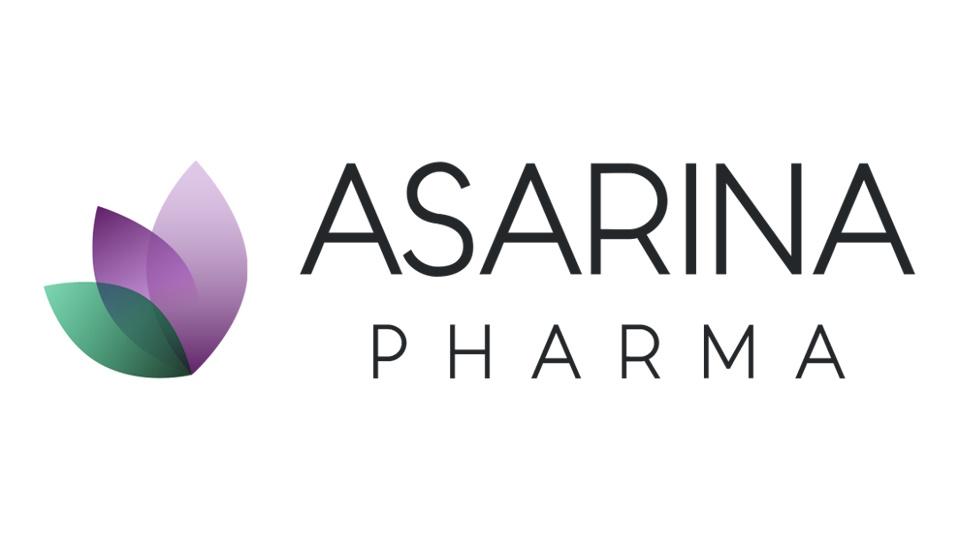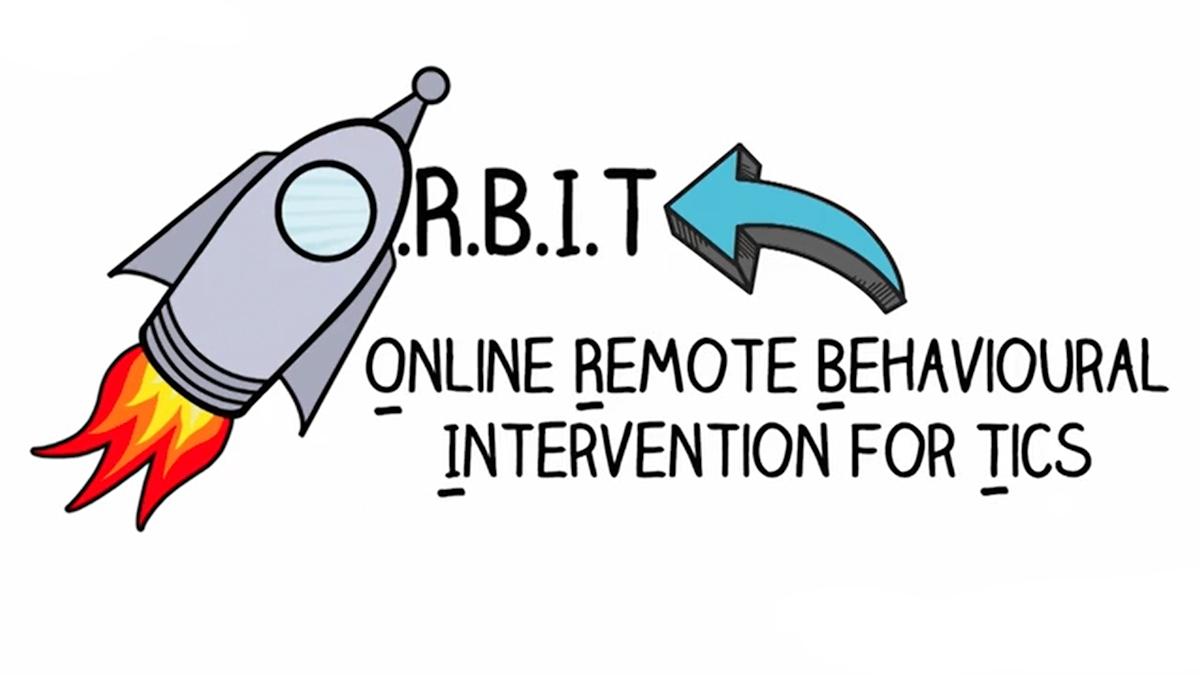Asarina folds as it ends search for Tourette's drug partner

The directors of Asarina Pharma have abandoned a search for a partner for Tourette's syndrome treatment sepranolone, saying they have no choice but to liquidate the company.
Just over a year ago, the Swedish biotech saw its share price spike on positive phase 2a data for sepranolone in Tourette's, a neurological condition that causes a person to make involuntary sounds and tics that usually starts during childhood.
The open-label study revealed a 28% reduction in tic severity measured using the standard Yale Global Tic Severity Scale (YGTSS) with twice-weekly sepranolone injections given on top of standard care when compared with standard care alone at 12 weeks, with minimal side effects.
Data presented at the European Conference on Tourette Syndrome and Tic Disorders (ESSTS) congress in June 2023 also revealed a 69% improvement in patient-reported quality of life scores with the drug, a 50% reduction in overall impairment, and a 44% reduction in premonitory urge to tic (PUT), an uncomfortable feeling preceding tics.
At the moment, people with Tourette's typically have behavioural therapy (CBIT) to help them control and reduce tics, which can lessen their impact, with antipsychotic medicines used for those who don't get enough benefit from CBIT.
The principal investigator in Asarina's trial – Dr Heidi Biernat of Copenhagen's Bispebjerg University Hospital – said at ESSTS that the tolerability of the drug was a major advantage, noting that the side effects of antipsychotics currently prescribed for Tourette syndrome are so onerous that very few patients keep taking them for long periods.
With cash reserves starting to dwindle, however, Asarina's management - led by chief executive Peter Nordkild - looked at the possibility of raising funds to continue the development of sepranolone itself, but concluded that the financial market continued to be "extremely challenging," especially for biotechs.
Last summer, the decision was taken to start a search for a partner who would be able to fund the next phase of sepranalone's clinical development, and it secured a SEK 1 million (less than $100,000) loan last November to keep the company going during negotiations after slashing staff. It ended the year with around SEK 3 million in cash.
The idea was always to wind down Asarina after a partner was identified, but now – with none in sight, despite discussions with more than 20 parties and the company's equity worth less than half of the company's registered share capital – the board, led by chair Paul De Potocki, has decided to start the liquidation process.
"After more than 15 years of R&D development and more than 15 months of partnering activities, it is disappointing that we have not been able to find a new home for sepranolone," said De Potocki.
"We still believe that the compound has the potential to be an effective drug for Tourette's syndrome and other neurological disorders."
Sepranolone had previously been tested in clinical trials for premenstrual dysphoric disorder (PMDD) and menstrual migraine, but failed to show a significant improvement over placebo in those indications.
Meanwhile, the pharmacological pipeline for Tourette's is thin, with disappointing results for Teva's deutetrabenazine and Neurocrine Bio's Ingrezza (valbenazine) in phase 3 trials. At the moment, attention is focused on candidates like Emalex Biosciences' ecopipam and Noema Pharma's gemlapodect, both in midstage clinical testing.
An extraordinary meeting of shareholders is scheduled for 21st August to discuss and vote on the decision.












